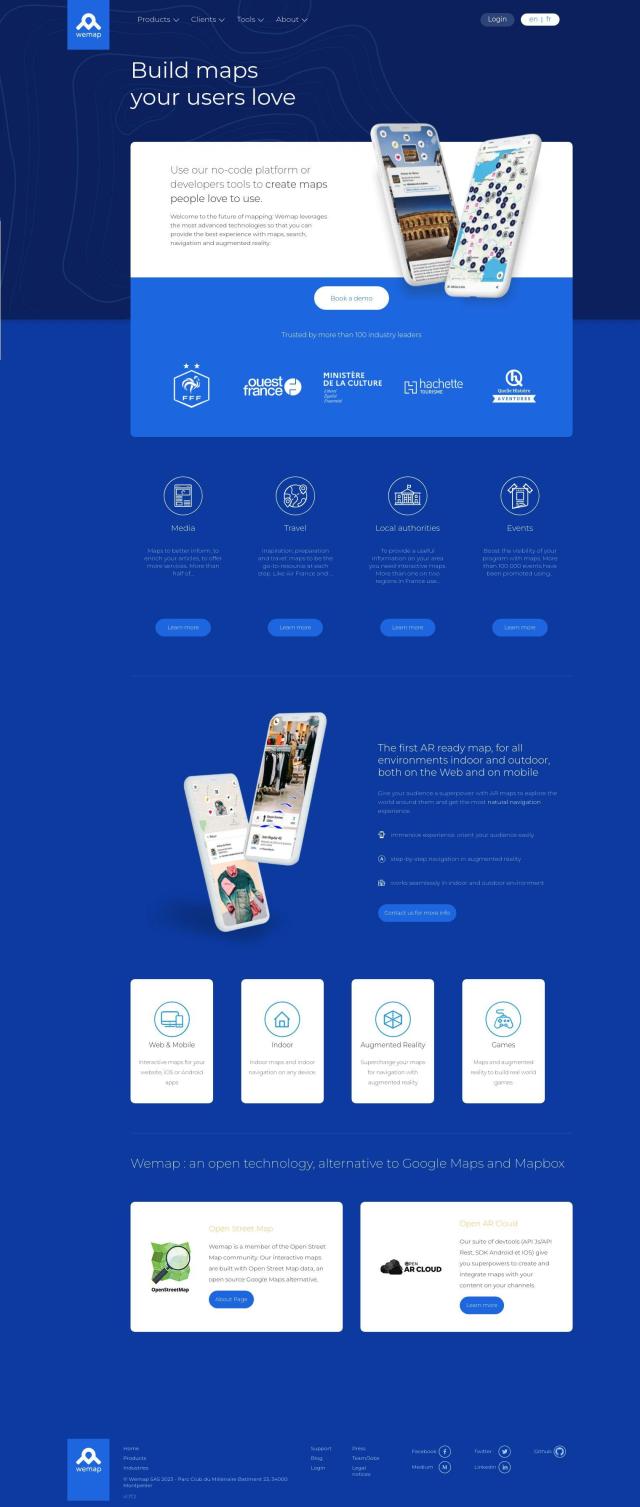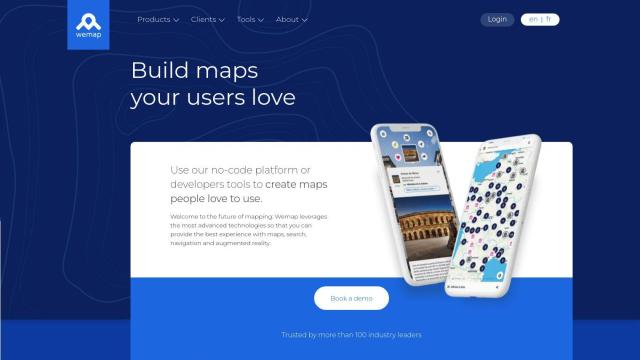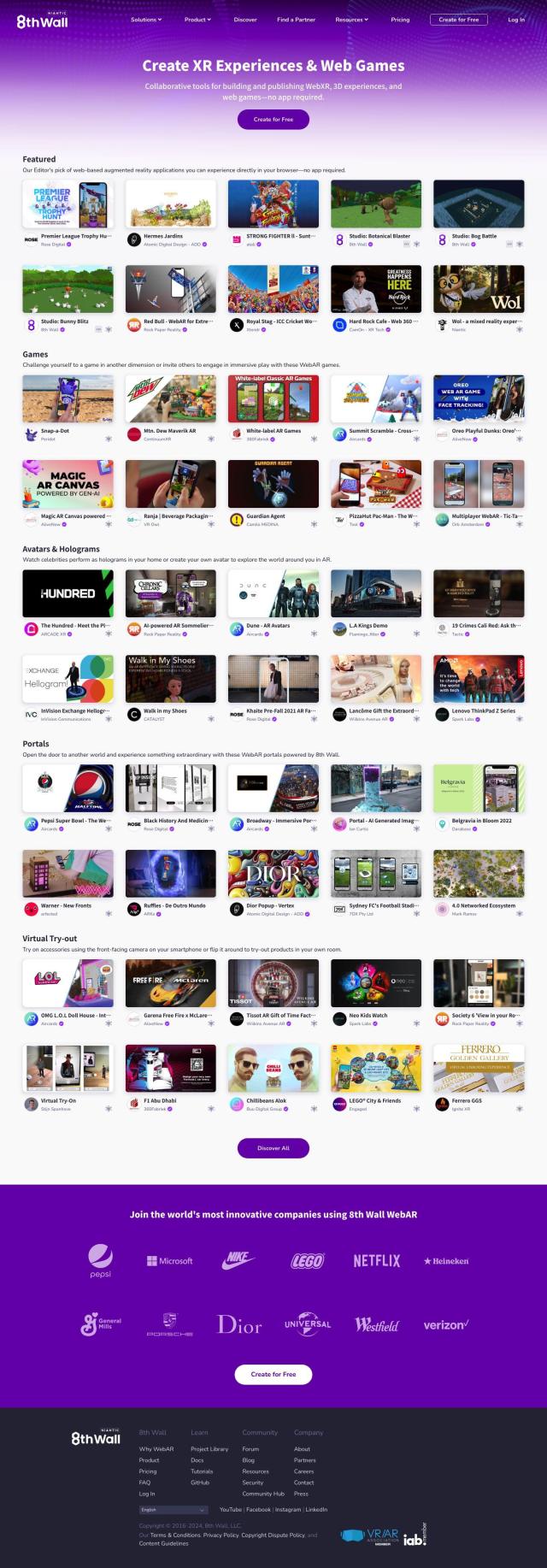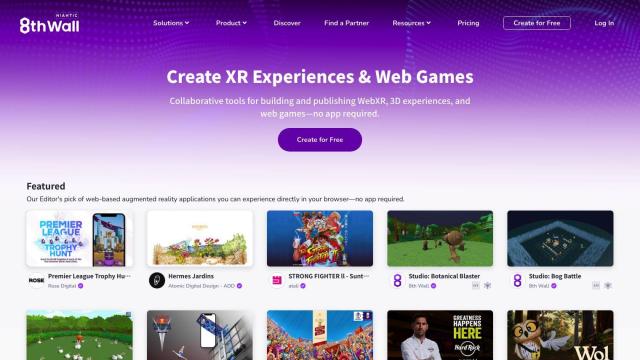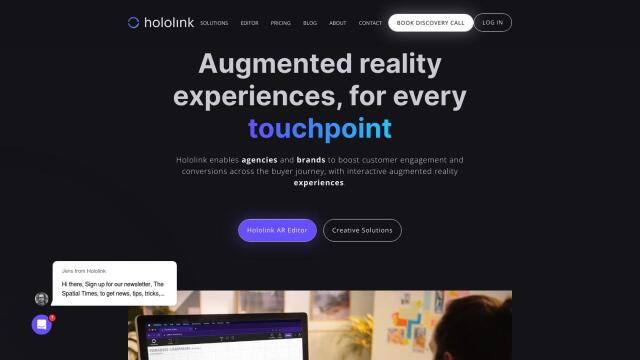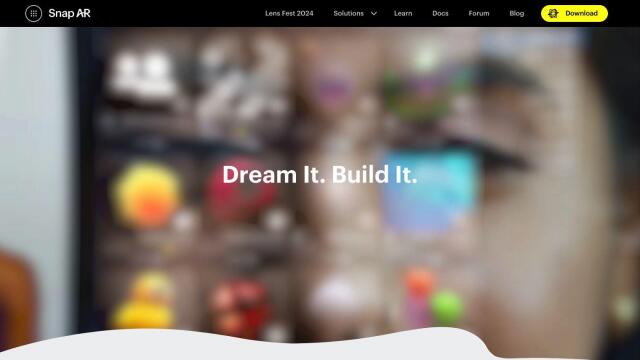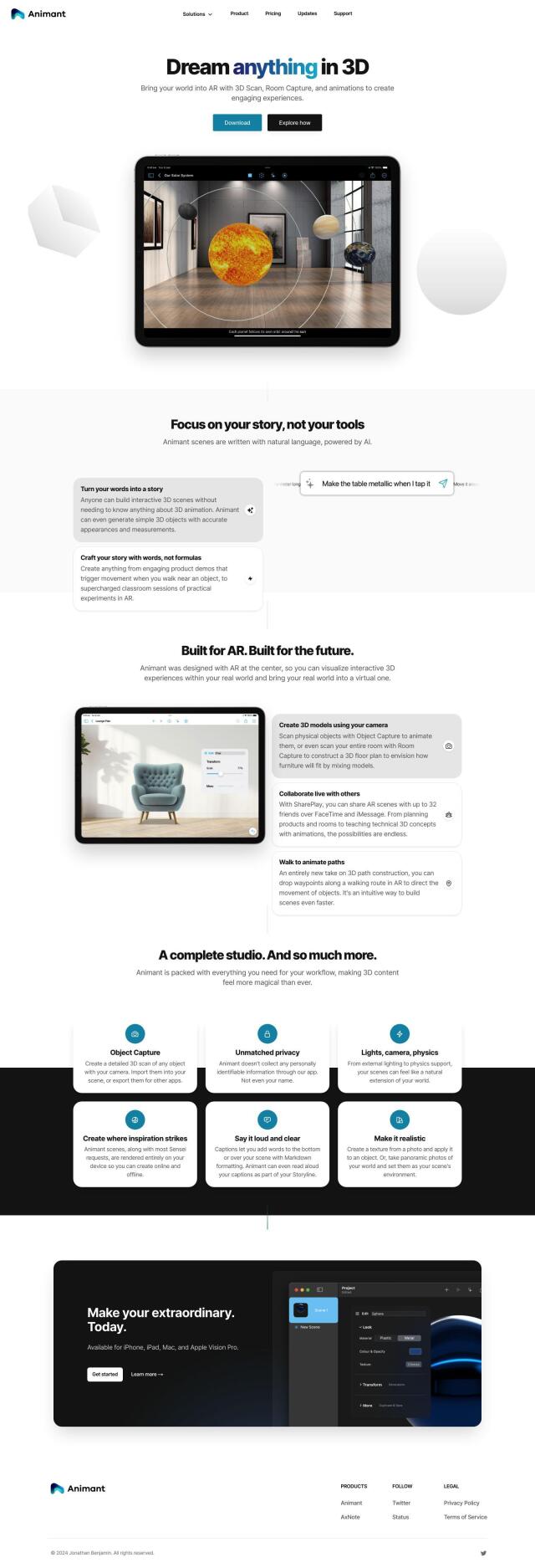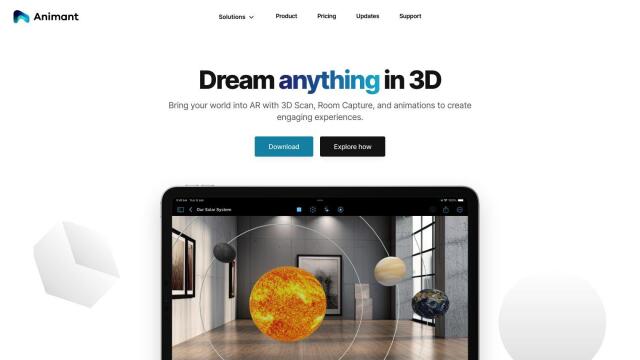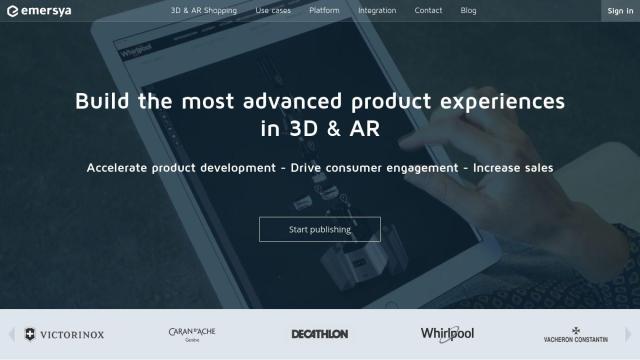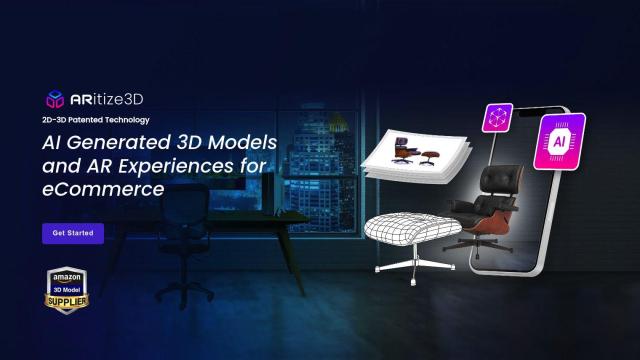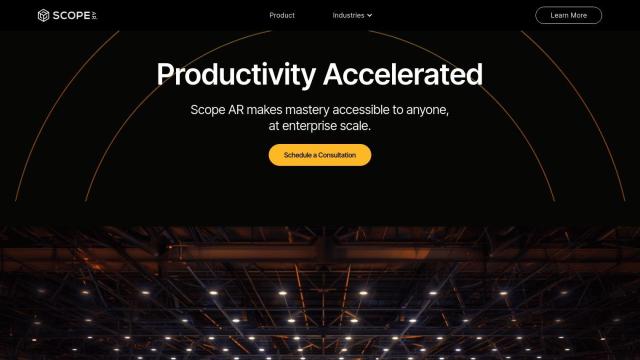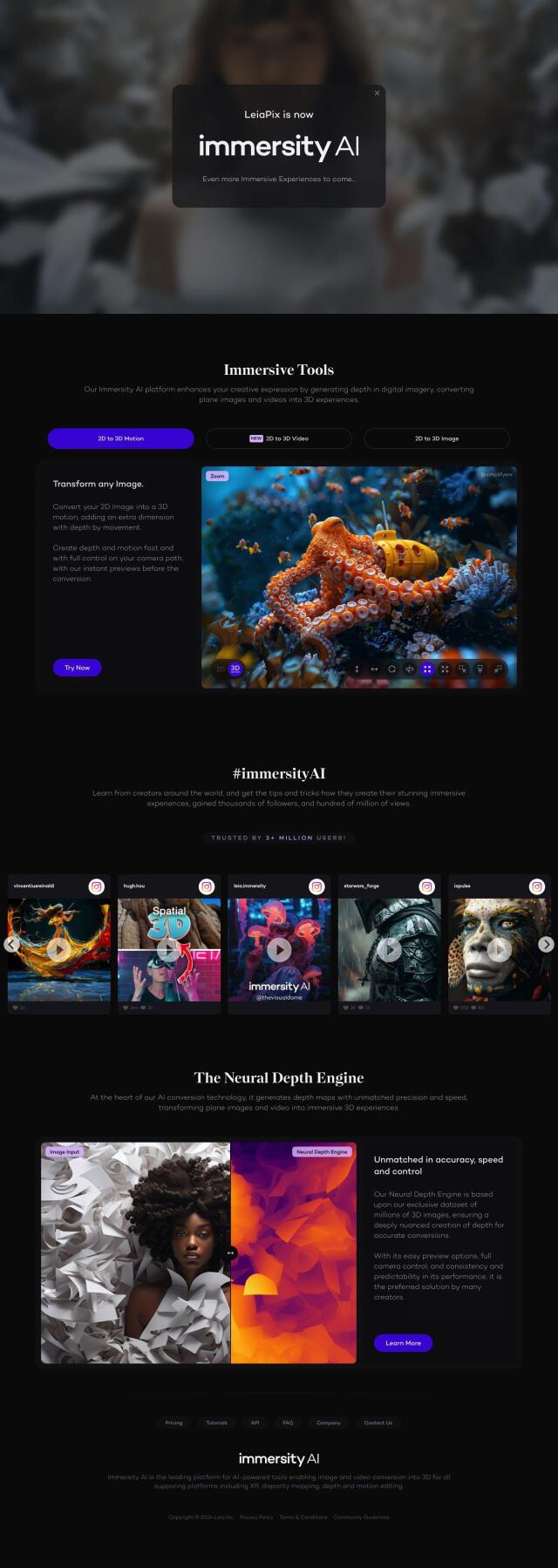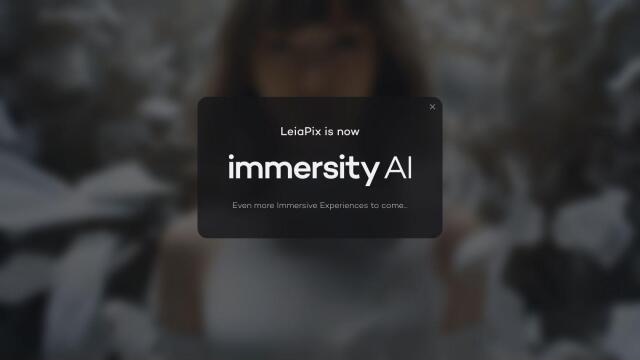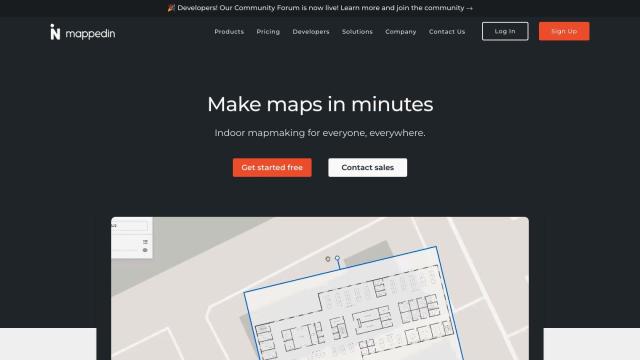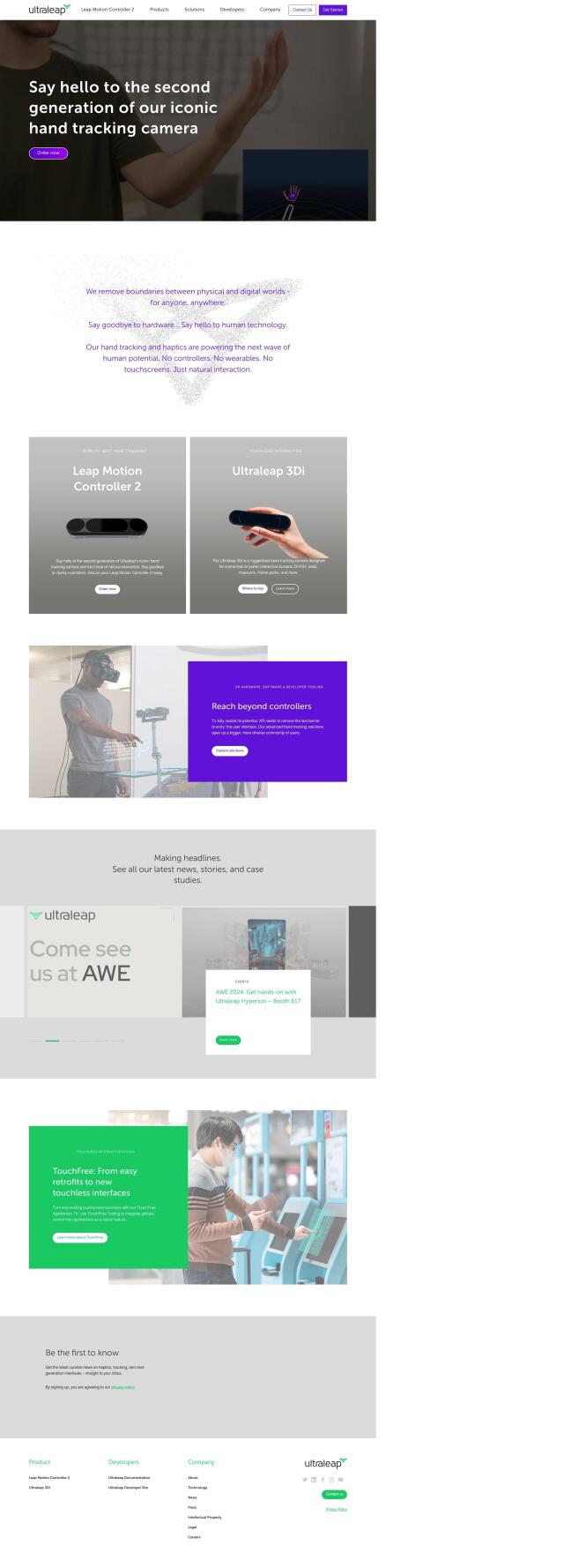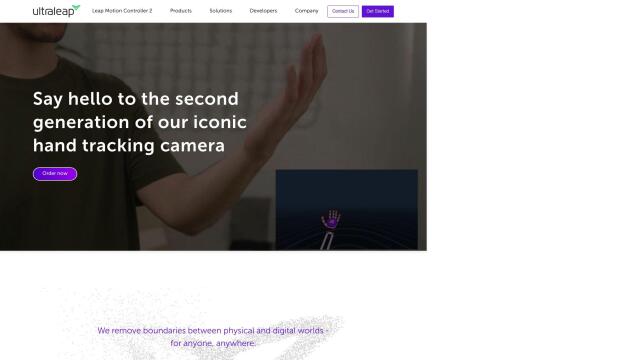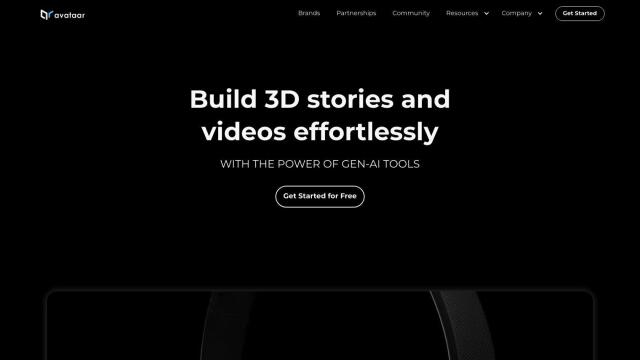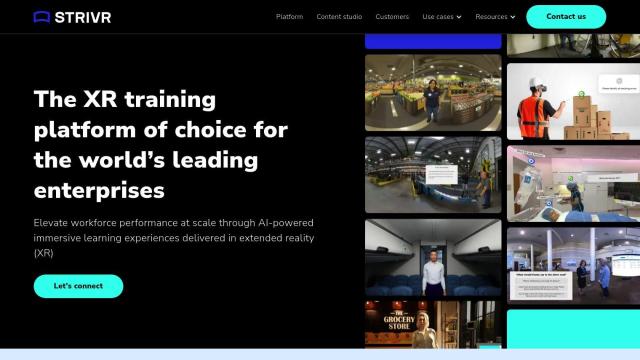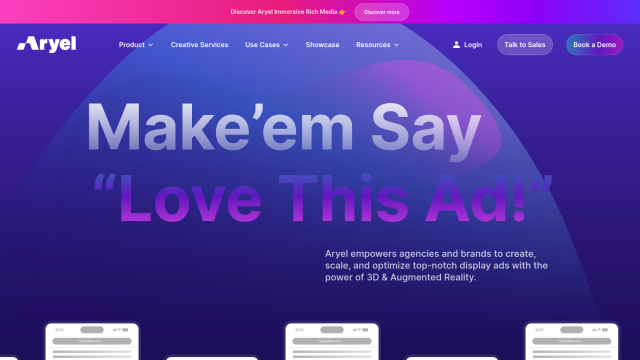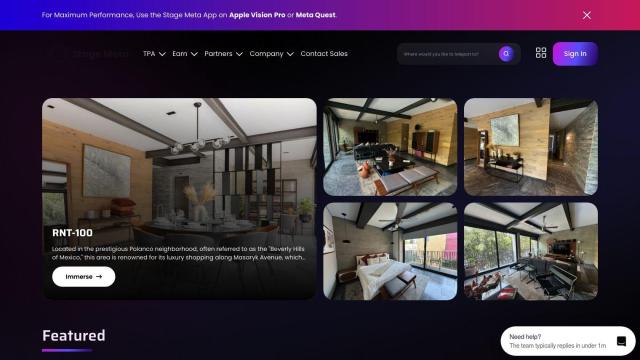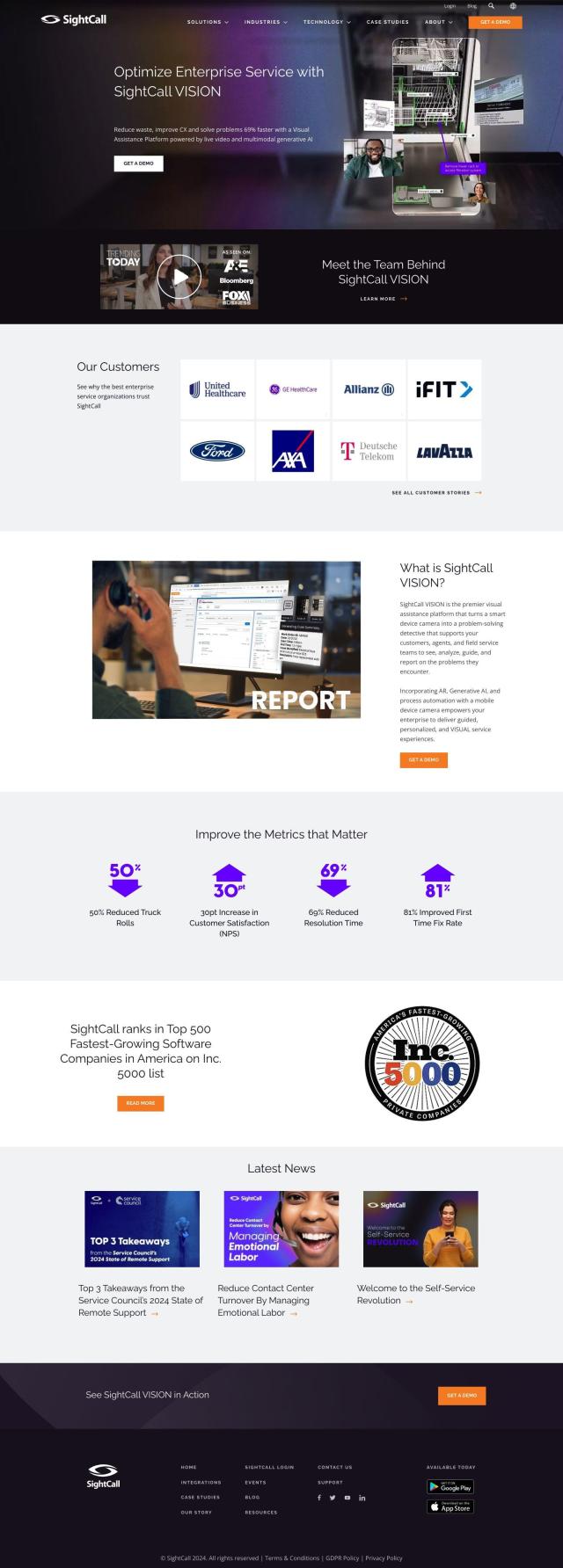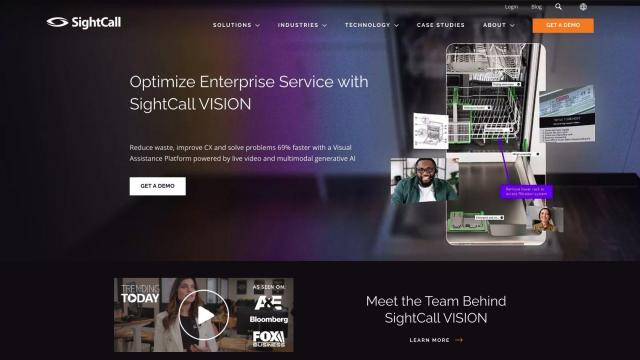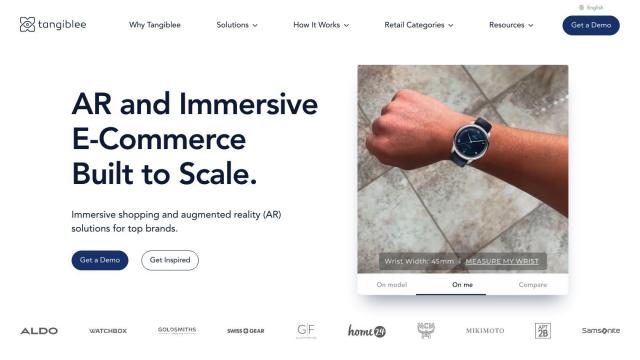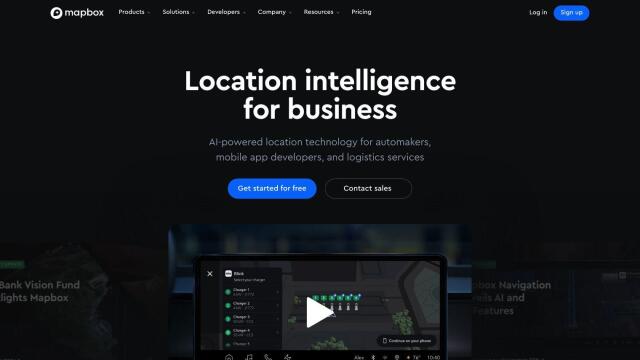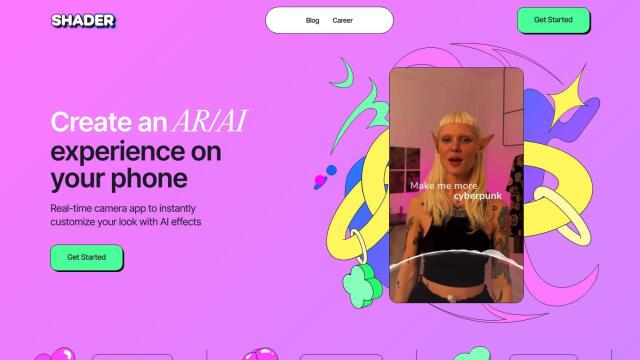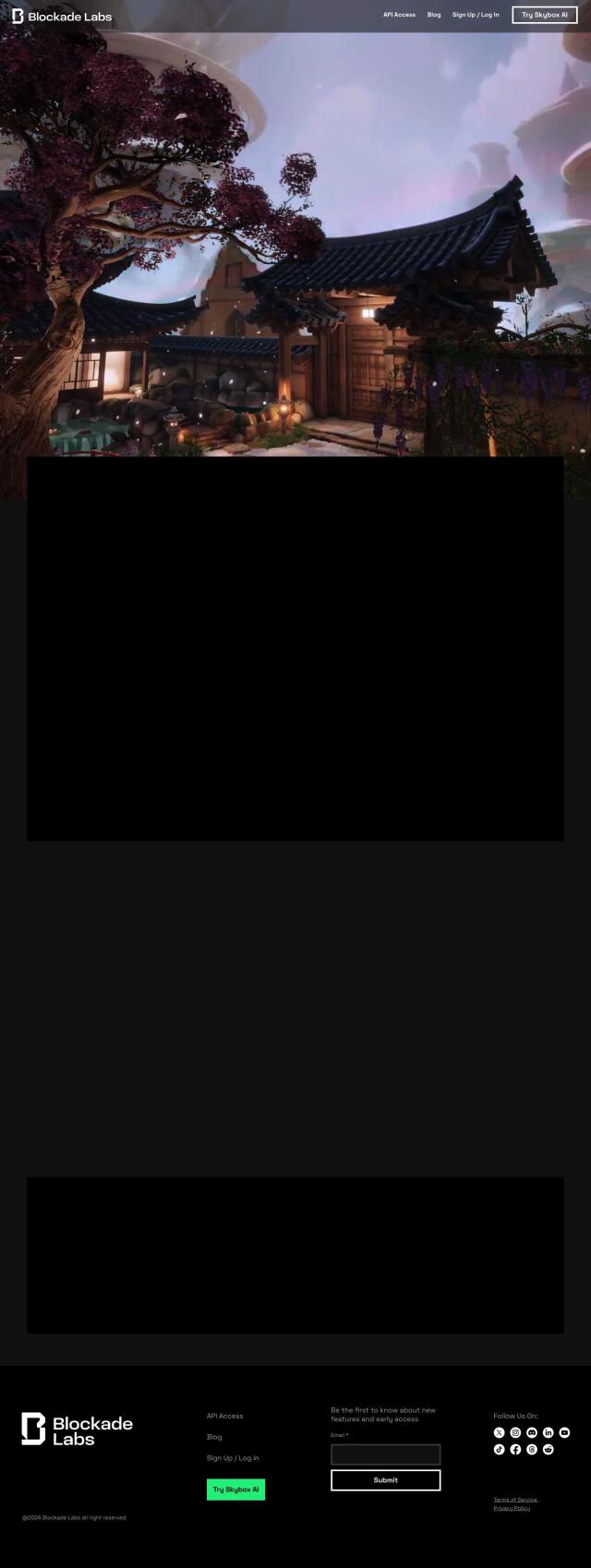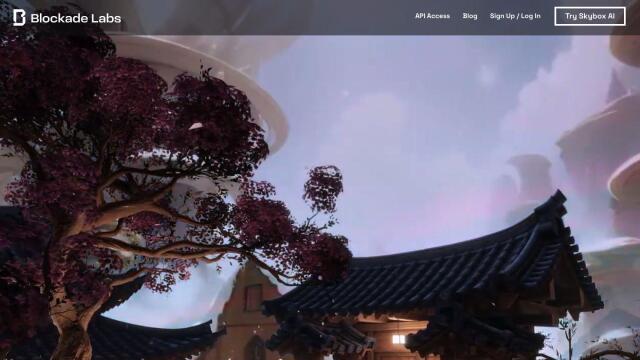Question: Can you recommend a mapping solution that integrates augmented reality features for a more immersive user experience?

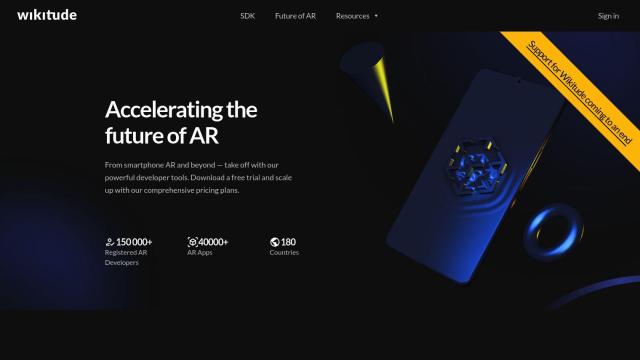
Wikitude Augmented Reality
For a mapping-based augmented reality solution that offers a more immersive experience, Wikitude Augmented Reality is a top contender. This cross-platform AR SDK supports a variety of devices and operating systems and offers features like Image Tracking, Object & Scene Tracking and Geo AR. It also supports Unity and native APIs, so it's well-suited for developers who want to build sophisticated AR projects for retail, education and entertainment.

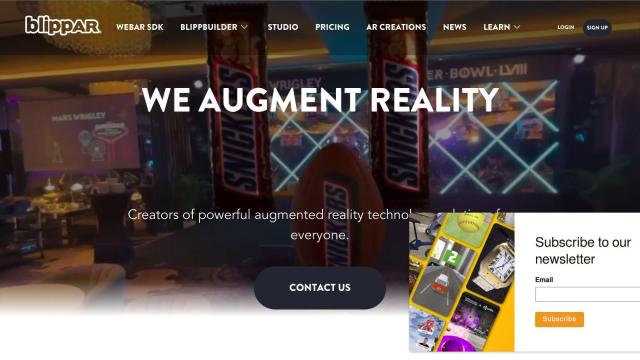
Blippar
Another strong contender is Blippar, which offers a range of tools and services for building AR experiences. Blippar's interface is designed to be easy for nonprogrammers to create AR content, and its web-based AR experience development tool, Blippbuilder Studio, works on mobile devices and AR headsets. It also offers a WebAR SDK for developers and in-house custom AR development services, so it's a good option for a variety of use cases.

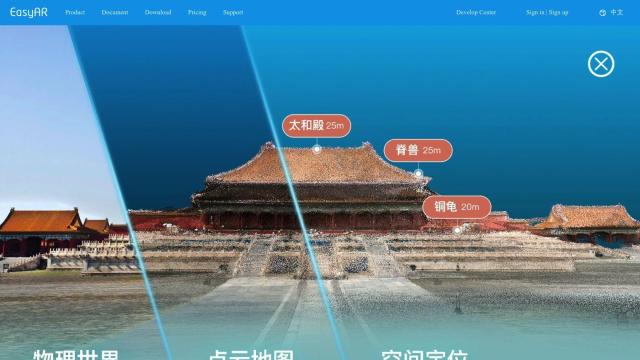
EasyAR
EasyAR is another good option. It offers a modular API that works with Unity and includes spatial mapping, motion tracking and image recognition. Its city-scale AR cloud service is useful for large-scale data collection and mapping, with powerful spatial map building and accurate 3D reconstruction.
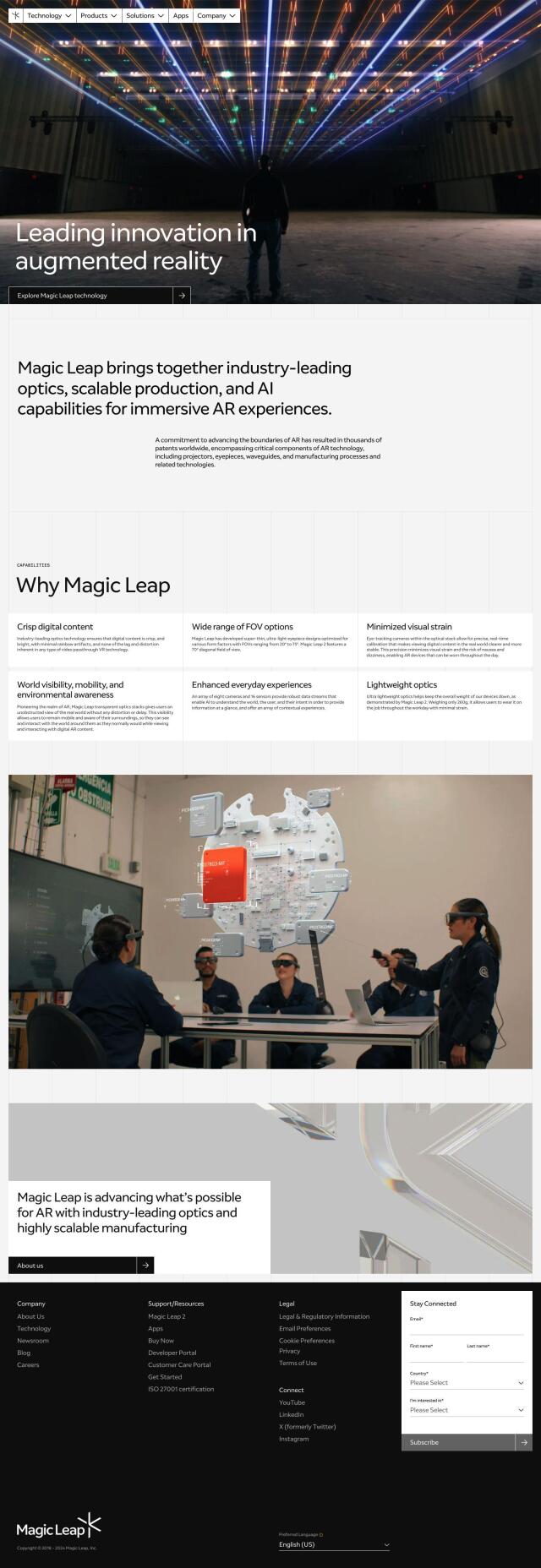
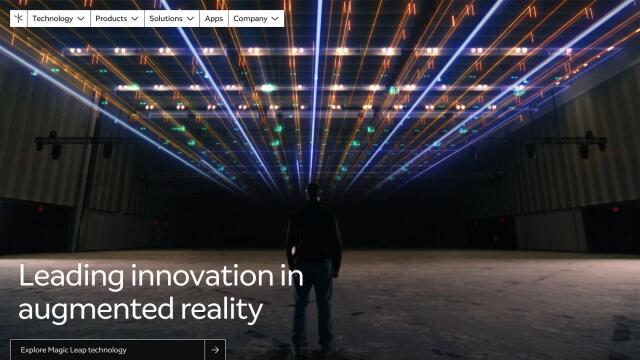
Magic Leap
If you're looking for a more developer-focused option, Magic Leap offers advanced AR technology with high-resolution digital content and a range of field of view options. Its eye-tracking cameras and array of sensors offer precise calibration and rich data streams for AI-powered contextual experiences, so it's good for both professional and personal use cases.
